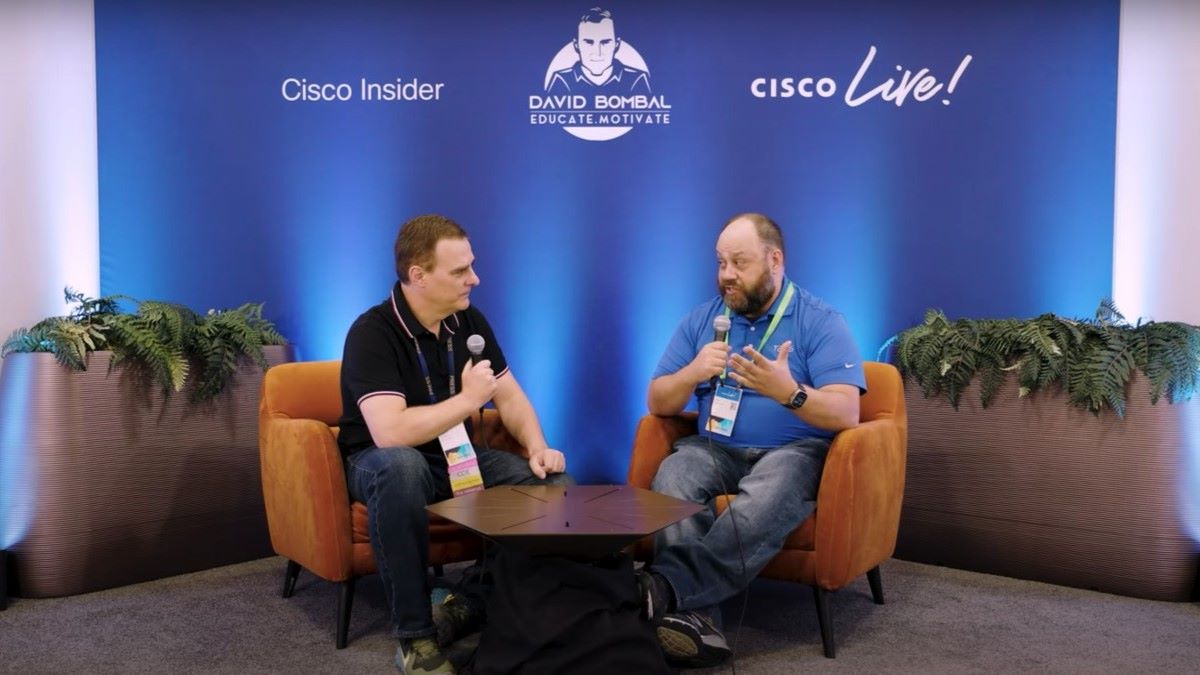SAN JOSE, Calif., February 9, 2004 - Cisco Systems today announced that its Internet Protocol (IP) Communications system has been successfully deployed at the Washington School for the Deaf and the U.S. Department of Education providing increased productivity by enhancing communication capabilities for blind and deaf people in those organizations.
Since transitioning from a traditional telephone system to its new Cisco IP Communications system in 2003, the Washington School for the Deaf (WSD) in Vancouver, Wash. has enjoyed equal access to communications services for deaf, hard-of-hearing and hearing employees alike. The WSD provides vital academic programs for more than 100 students.
"The Cisco IP Communications system makes it vastly simpler to communicate with all the school's stakeholders including students, staff, parents, board members, both hearing and deaf," said Lorana Myers, WSD supply officer. "Because traditional phone systems do not address the unique needs of deaf and hard-of-hearing people, our deaf staff lacked both privacy and independence in their daily communications routine."
Deaf and hard-of-hearing staff at WSD face challenges with everyday communications that hearing people take for granted. Prior to deploying the Cisco IP Communications system, hearing people without teletypewriter (TTY) devices could not leave messages for deaf staff. The extra work of retrieving voicemail and interpreting for deaf colleagues caused inefficiencies. In addition, when a hearing person answered the phone, he or she could not tell if the caller was deaf or hearing. Prolonged silence or loud TTY tones served as the cue to connect the handset to the TTY device to receive the call.
The Cisco IP Communications system changes that old scenario. The Cisco CallManager call processing software and software from Cisco's newest Cisco AVVID (Architecture for Voice, Video and Integrated Data) partner NXi Communications, Inc. provides advanced text communications over the school's converged voice and data network. Using NXi Telephony ServicesTM software loaded on the desktop, users can place or receive TTY calls from their computer without the need for a legacy TTY device. In addition, the system allows callers to leave deaf users TTY messages or route calls to a hearing attendant if the call recipient does not have a TTY device. Messages are then delivered to the deaf user's desktop.
"For the first time our deaf staff can contact outside resources on their own without having to rely on someone else to dial the phone or interpret," Myers said. "And they can receive calls without assistance as well."
U.S. Department of Education
The U.S. Department of Education first deployed their Cisco IP Communications system in late 2000. With almost 10 percent of their workforce having some sort of disability such as blindness, deafness or mobility impairments, the need for an accessible solution was critical. The Cisco IP Communications system levels the playing field and allows employees with disabilities to compete and be as productive as employees without disabilities.
Now using the Cisco IP Communications system, blind employees at the U.S. Department of Education have more access to communications tools than ever thought possible. For example, using the Cisco Unity voice messaging system, employees can check e-mail remotely through their voicemail system.
In addition to its own products, Cisco's accessibility strategy includes third-party Cisco AVVID (Architecture for Voice, Video and Integrated Data) partners to add accessibility value. For example, Cisco AVVID partner IP blue Software Solutions provides an IP softphone. When the softphone is used in conjunction with the Cisco IP Phone 7960G, it gives blind users access to the advanced features of the 7960G phone. Features such as audio caller ID, missed call log and line status are accessible without the need to memorize or mark buttons on the phone.
A recent study conducted by Inclusive Technologies, a leading accessibility consulting company, confirmed that Cisco Unity and Cisco CallManager with IP blue's softphone conform to federal accessibility laws. Section 508 of the Rehabilitation Act and Section 255 of the Telecommunications Act specify standards that telecommunications products must meet to be accessible for people with disabilities.
"In testing usability under Section 255 and Section 508 conformance, we found the Cisco IP Communications products to be highly accessible," said Jim Tobias, president of Inclusive Technologies. "In many places Cisco's accessibility exceeds regulatory requirements and meets the needs of users with disabilities to an unprecedented level."
About Cisco IP Communications
Cisco's IP Communications solutions provide enterprise customers with the industry's most comprehensive portfolio of IP telephony, Rich Media Communications and IP Contact Center solutions for increasing productivity, lowering costs and extending quality communications to end users everywhere. More information about Cisco IP Communications is available at: http://www.cisco.com/offer/tdm_home/iptelephony/





